-
 वोदका पार्टियों और समूह आयोजन के लिए एकदम उत्तम पेय है,इसीलिए यहां 10 सुप्रसिद्ध वोदका कॉकटेल की आसान रेसिपी दी गयी है,जो आपके दिमाग को अनूठा आभाष देंगी,अब बिना देरी किए शुरू हो जाएँ। (2020)
वोदका पार्टियों और समूह आयोजन के लिए एकदम उत्तम पेय है,इसीलिए यहां 10 सुप्रसिद्ध वोदका कॉकटेल की आसान रेसिपी दी गयी है,जो आपके दिमाग को अनूठा आभाष देंगी,अब बिना देरी किए शुरू हो जाएँ। (2020)
-
 Drinking Vodka Tonic or Cosmopolitan Again? Why Stick to the Regulars When There's So Much More to Do with Vodka: 10 Recipes of Cocktails with Vodka That Will Blow Your Mind!
Drinking Vodka Tonic or Cosmopolitan Again? Why Stick to the Regulars When There's So Much More to Do with Vodka: 10 Recipes of Cocktails with Vodka That Will Blow Your Mind!
-
 Whiskey is Damn Fine on Its Own(2020): 10 Whiskey Easy Cocktails to Explore a New Side of Your Standby Sip
Whiskey is Damn Fine on Its Own(2020): 10 Whiskey Easy Cocktails to Explore a New Side of Your Standby Sip
Spirulina and Its Benefits
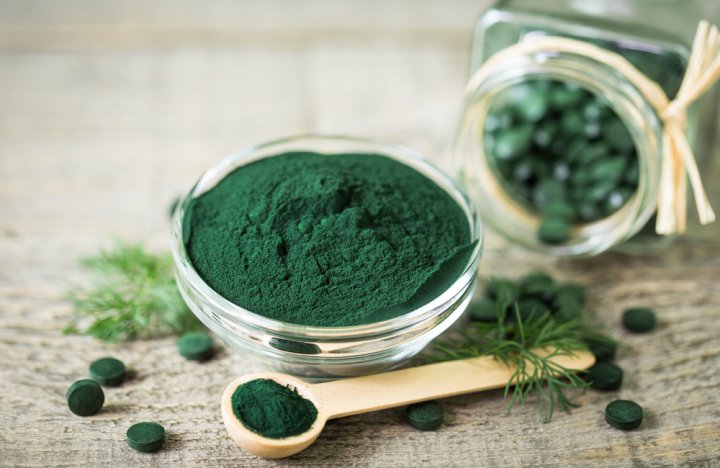
If you are a fan of super foods then you must have heard about the very famous Spirulina and Moringa, if not then read on. We have tried to compare these two very beneficial foods for you to decide which one you can benefit from the most. Let us understand Spirulina first. It is a biomass of cyanobacteria or a blue green algae which can be taken by humans and animals. It is said to be one of the oldest life forms on Earth. It is known as a powerful superfood which was initially used by the Aztecs as an endurance booster. They ate it to treat different diseases as well as to sustain their energy during marathon runs. It has a bitter taste therefore people like to mix it with yogurt, juices etc. One tbsp of Spirulina has 20 calories, 4grm protein, 2 gram carbs, 0 sugar and fiber. It has vitamin B1, B2, B3, copper, iron and magnesium which supports your heartbeat.
Major Benefits of Spirulina
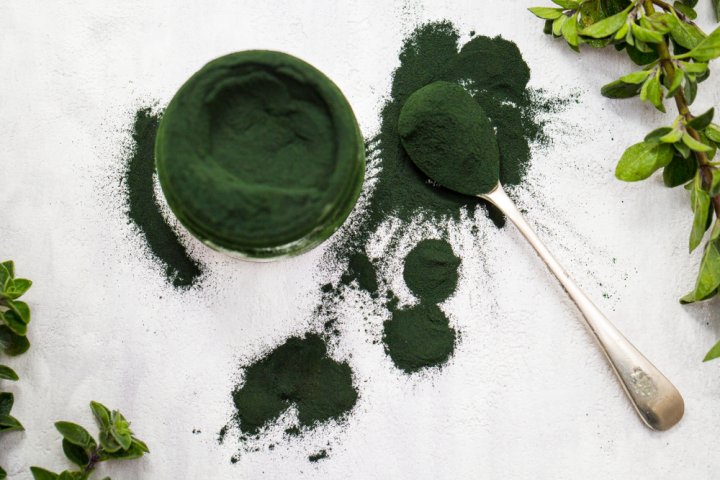
- It is loaded with protein. Non vegetarians get the needed protein from meat and eggs but a vegetarian can eat Spirulina for the same. It has 60% proteins from which most of them are plant based.
- Our immune system is made of T.B cells and natural immune cells. Spirulina has elements which helps in improving these cells and boosts your immune system.
- It has amino acids which gives digestive enzymes and improves digestion.
- It is rich in Carotenoid which is a powerful antioxidant. It is good for improving the texture of your skin, removing wrinkles and fight against free radicals.
- It also facilitates healthy growth in children as it has various nutrients. It builds concentration, improves eye sight and builds muscles as well.
Moringa and Its Benefits
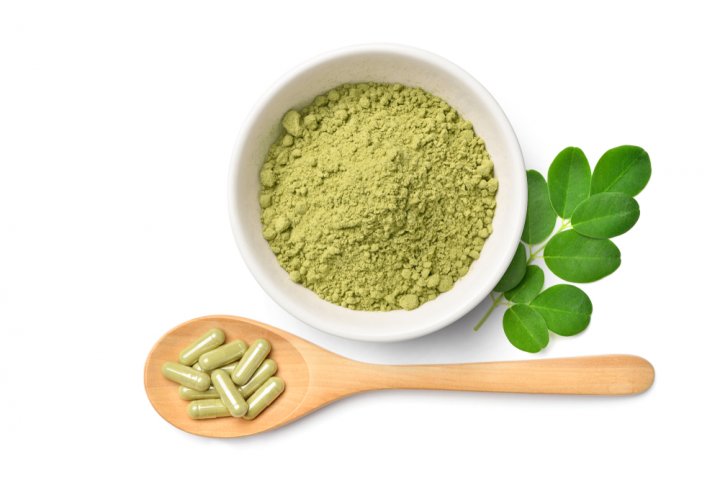
Another great super food mentioned with Spirulina is Moringa. It is a drought resistant tree and is also known as Moringa drumstick. It is derived from young seed pods and leaves of the tree and is used as a traditional herbal medicine. It was also used as a water purifier in different countries. Moringa is packed with Vitamin A, B1, B2, B3, B6, C, calcium, potassium, iron, magnesium, phosphorus and zinc. It does not have any harmful cholesterol and is low in fat.
Benefits of Moringa:
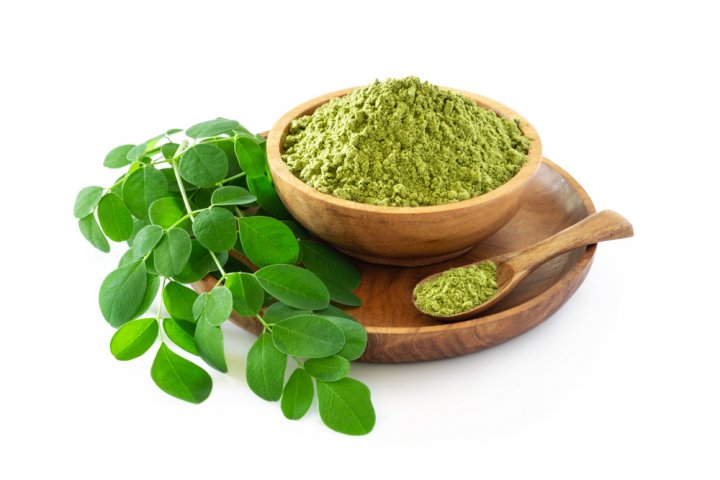
- It has insulin like proteins in it which helps lower blood sugar.
- According to some studies it was observed that the leaf extracts of Moringa slowed the growth of pancreatic cancer cells and improved the effects of chemotherapy. Moringa bark, leaves and roots have anti cancer effects to it.
- It is packed with antioxidants which promotes health and lowers the stress and inflammation in the brain.
- It also reduces the negative effects of anti tubercular drugs. It repairs the liver cells and polyphenols in the leaves protects against oxidative damage to the liver.
Spirulina vs Moringa: Know How They Differ on Key Factors
Protein Content
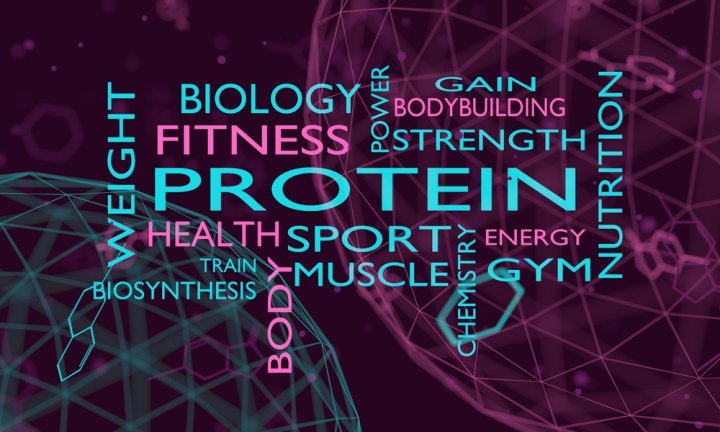
When it comes to protein content Spirulina takes more point than Moringa. You get 57.5 grams of protein in just 100 grams of Spirulina. It also has all the nine essential amino acids in it needed for the body whereas Moringa has half the amount of protein. So, we can say that although both of them have protein in them, the winner of the round is Spirulina as it provides a high dosage of protein.
Antihistamine Properties
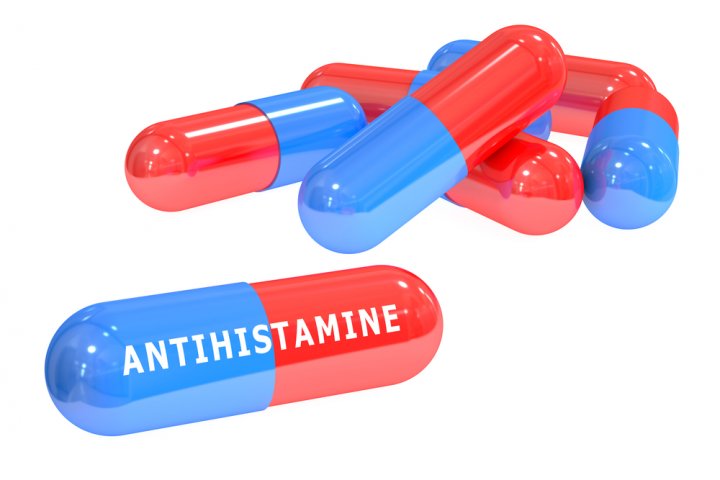
Another great thing about Spirulina is that it contains natural antihistamine which helps in reducing histamine and nasal inflammation. People with congestion and breathing difficulty can benefit from it whereas Moringa does not have any antihistamine in it.
Flavour and Safety

Both Spirulina and Moringa are taken directly in different forms therefore flavor is an important factor. Spirulina has more intensely savory flavor than Moringa but Moringa is considered safer than Spirulina. According to researchers Spirulina supplements are safe but some are contaminated with microcystin toxin which is not the case with Moringa.
Antioxidants & More
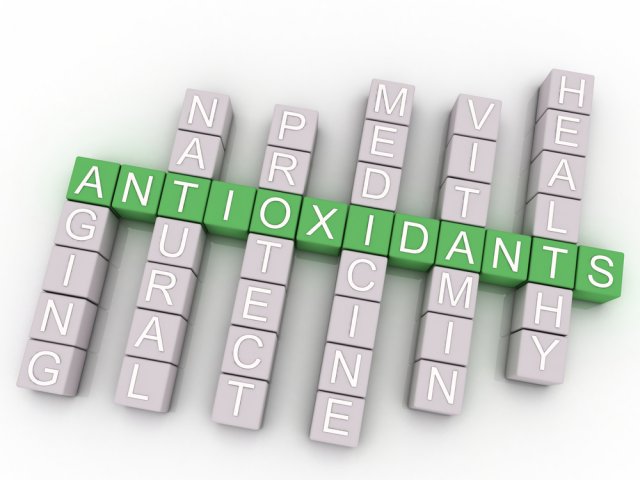
Both Spirulina and Moringa and an excellent source of antioxidants but Spirulina is a little lower on the scale when compared to Moringa on this front. Moringa has more than 40 known antioxidant compounds and Spirulina has about half of that. So, if you are looking into these two for antioxidants then going with Moringa would be a better choice.
Weight Loss Effects

You can use both of these for natural weight loss but there have been no clinical trials on weight loss when it comes to using Moringa. Moringa has shown positive results in animals by promoting weight loss therefore many people take Moringa tea as a weight loss aid. Spirulina on the other hand has shown positive results on humans. We can say that Spirulina would be more effective when it comes to weight loss.
Mineral Contents
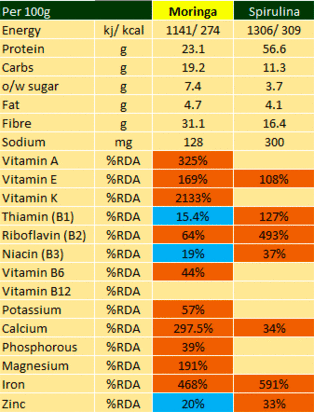
Moringa provides our body with more vitamins and minerals. Out of the 14 vitamins and minerals, Moringa outperforms Spirulina in 10. We can say that once again Moringa has taken the front seat.
Antiviral Benefits
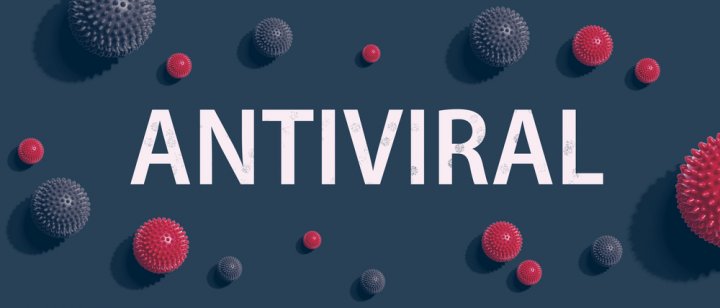
With so many different health benefits we gain from both Spirulina and Moringa the antiviral benefit is gained only from Moringa. Spirulina has none. If you are looking for a super food with antiviral benefits then Moringa is a better choice.
Side Effects

Let us not forget about the side effects both Moringa and Spirulina may have.
Moringa:
You can eat the leaves, seeds and fruits of Moringa and if needed apply it on the skin without any harm but the root and its extracts may have toxic substance in it that may lead to paralysis or even death. Pregnant and lactating mothers should not consume the flowers, bark or the root Moringa.
Spirulina:
If you us uncontaminated Spirulina then you are safe but contaminated Spirulina is harmful. It may cause weakness, stomach pain, vomiting, increased heart rate or death. It may also interact with immunosuppressant medications.
Concluding Note: Both Have Their Pros and Cons
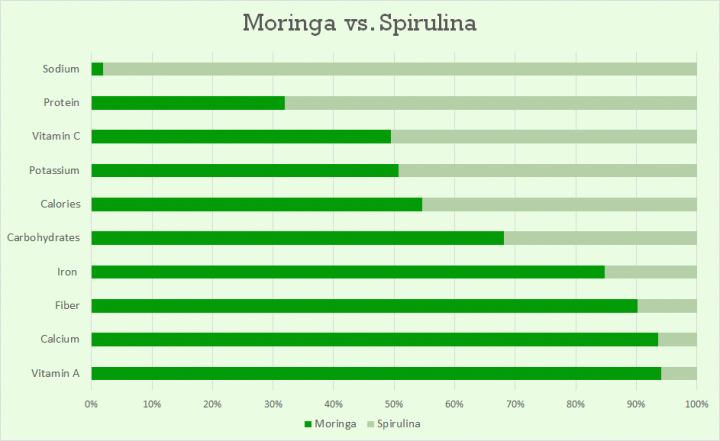
To conclude the comparison between the two super foods we can say that both of them are beneficial for humans but have some drawbacks. If you are looking for a high protein supplement and aid weight loss then you can eat Spirulina. Spirulina also has an antihistamine property which is not found in Moringa but Moringa has high dosage of antioxidants and mineral contents in it. At the end it is important to know that Moringa is said to be safer than Spirulina as contaminated Spirulina is harmful and cause death. If you are planning to go with either one of them, it is better to do thorough research, talk to the experts and see which one of the two seem appropriate for you and take it with caution.
-
 Gained Extra Weight in the Lockdown? Best Slimming Tea to Get in the Right Shape and Live a Healthier Life
Gained Extra Weight in the Lockdown? Best Slimming Tea to Get in the Right Shape and Live a Healthier Life
-
 How to Increase Weight: Foods to Include in Your Diet for Your Weight Gain Journey + Tips for Gaining Weight (2020)
How to Increase Weight: Foods to Include in Your Diet for Your Weight Gain Journey + Tips for Gaining Weight (2020)
-
 10 Potent Home Remedies for Cough and Cold Plus 5 Benefits of Seeking Natural Home Remedies over Medicines (2020)
10 Potent Home Remedies for Cough and Cold Plus 5 Benefits of Seeking Natural Home Remedies over Medicines (2020)
-
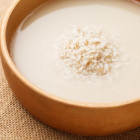 Have You Ever Thought of Incorporating Rice Water in Your Skincare Routine(2021)? Here's Our List of 5 Key Benefits that Rice Water Has for Skin, Hair, and Body.
Have You Ever Thought of Incorporating Rice Water in Your Skincare Routine(2021)? Here's Our List of 5 Key Benefits that Rice Water Has for Skin, Hair, and Body.
-
 ग्रीन टी के सेवन से आपको ये 10 आश्चर्यजनक स्वास्थ्य लाभ मिल सकते हैं। 1 दिन में कितना सेवन करें। ग्रीन टी के बारे में महत्वपूर्ण जानकारी।(2020)
ग्रीन टी के सेवन से आपको ये 10 आश्चर्यजनक स्वास्थ्य लाभ मिल सकते हैं। 1 दिन में कितना सेवन करें। ग्रीन टी के बारे में महत्वपूर्ण जानकारी।(2020)
Superfoods that are Worthy of the Title
Both Spirulina and Moring have got many health benefits. Consolidating and constituting 14 Vitamins, antihistamines, antioxidants, antiviral properties, fibre, minerals and even the ability to strengthen the immune system, these two superfoods thus merit the name. The battle between Spirulina and Moringa is best understood when looking distinctively at each element, whether vitamin, mineral or other properties. This will thus show which one will best fit your overall health.
Ideally, being such potent and powerful superfoods, both come with side effects. With the ingestion of part of the root of Moringa, death could be an outcome, and the bark is also not suitable for expectant ladies. On the side of Spirulina, there is a higher risk of death, as the Spirulina may be contaminated with microcystin as it is a biomass of cyanobacteria which is one of the oldest forms of life on earth. Read through to learn more on the two superfoods and how to safely consume them to improve your health.

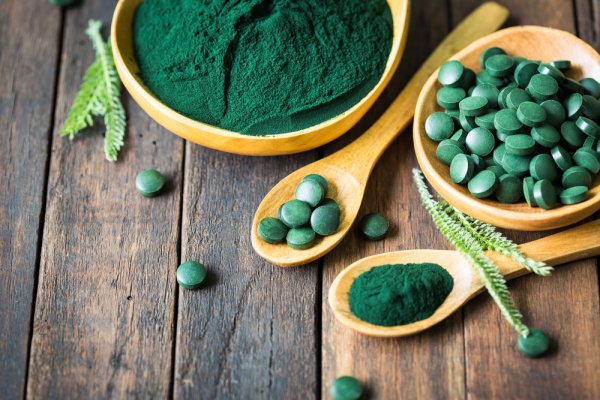
 Highlight the Best Facets of Your Incomparable Beauty: Discover the Best Face Highlighter Currently Available in India and Everything You Need to Know About Using Face Highlighters for Maximum Effect (2023)
Highlight the Best Facets of Your Incomparable Beauty: Discover the Best Face Highlighter Currently Available in India and Everything You Need to Know About Using Face Highlighters for Maximum Effect (2023)
 Forget the Blemishes and Get that Picture Perfect Flawless Radiance on Your Face: Check out the Best Foundations for Oily Skin Currently Available in India and Everything You Need to Know About Makeup Foundations (2023)
Forget the Blemishes and Get that Picture Perfect Flawless Radiance on Your Face: Check out the Best Foundations for Oily Skin Currently Available in India and Everything You Need to Know About Makeup Foundations (2023)
 Make Your Presence Felt Wherever You Go: Discover the Best Perfumes Under 2000 for Both Men and Women to Announce Your Arrival and Make Any Occasion Memorable (2023)
Make Your Presence Felt Wherever You Go: Discover the Best Perfumes Under 2000 for Both Men and Women to Announce Your Arrival and Make Any Occasion Memorable (2023)
 Protect Your Oily Skin from the Harmful Rays of the Sun: Discover the Best Gel Based Sunscreens for Oily Skin and Everything You Need to Know Before Buying One (2023)
Protect Your Oily Skin from the Harmful Rays of the Sun: Discover the Best Gel Based Sunscreens for Oily Skin and Everything You Need to Know Before Buying One (2023)
 Minor Blemishes and Wrinkles Affecting Your Confidence? Check out the Best BB Creams to Conceal Your Worries and Nourish Your Skin to Restore the Healthy, Radiant and Glowing Complexion Back Again (2023)
Minor Blemishes and Wrinkles Affecting Your Confidence? Check out the Best BB Creams to Conceal Your Worries and Nourish Your Skin to Restore the Healthy, Radiant and Glowing Complexion Back Again (2023)
